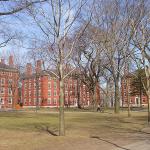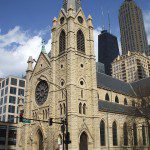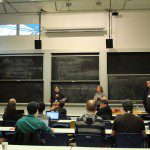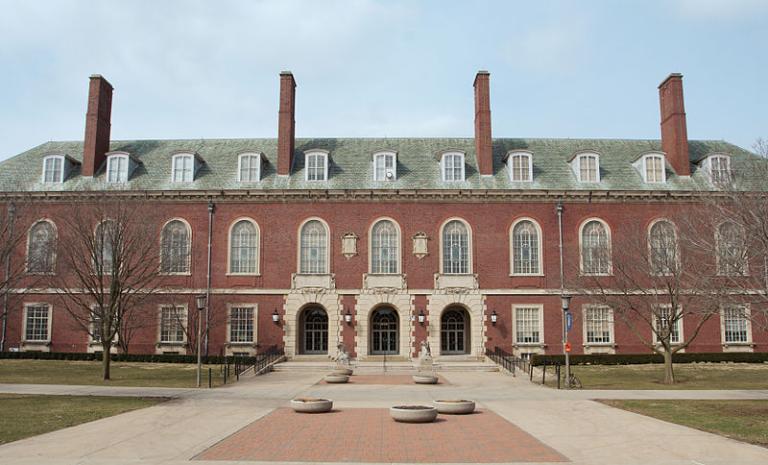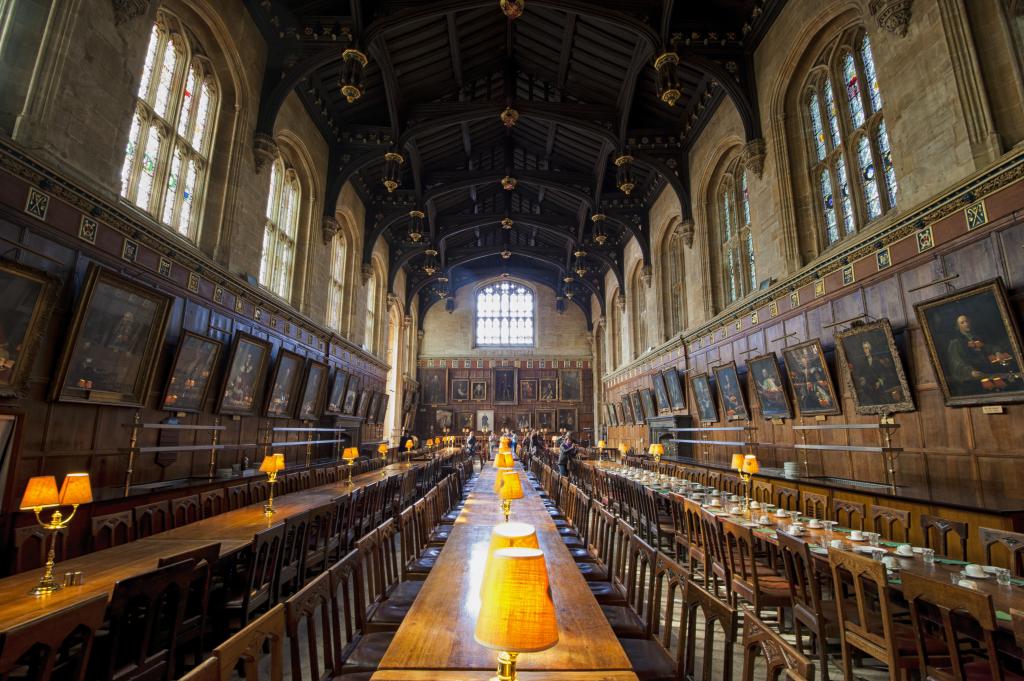
So this was a tweet from Nicholas Kristof, New York Times columnist:
The 32 new Rhodes Scholars picked this weekend constitute a rebuttal to white nationalists. Sixteen selection committees working independently, based only on merit, chose a record 10 blacks, an Alaskan native, several immigrants, plus a transgender man.
— Nicholas Kristof (@NickKristof) November 19, 2017
Which motivated me to look into the details; here’s the press release with the biographies of this year’s awardees. The biographies themselves do not state the students’ race, of course, but there were 9 recipients who were clearly identifiable as black because of some combination of majors in African-American studies, anti-racist activism, membership/leadership in black/minority student groups, a specific “first” mention (that is, first African-American female to hold the top West Point leadership position) and, in one case, identified immigration of parents. (Strictly speaking, of course, there’s no reason a white student couldn’t study race issues, but, after all, I’d been clued in by Kristof to look for 10 students.) A 10th student had no such markers but a distinctively “black” name, JaVaughn. Six further recipients are of presumed Asian ancestry, in one case with a specific reference to a migration background, and in the remaining instances, presumed such due to last names (Yang, Chang, Singh, and two Chens). One is identified as having a Middle Eastern (Lebanese) migration background, and one more is Inuit. One of them may or may not be slotted into the “Hispanic” bucket, with a Spanish surname (Gonzalez) but no specifically Hispanic markers in his background. Which leaves 14 who are presumed to be white.
(There was, on the other hand, a more or less even mix of men and women, with the bonus transgender activist for good measure.)
This means that 44% of the 32 recipients were white (or 47% if you add in the Lebanese student, who would be “officially” labelled white), and 31% are black. If one discards the identification of individuals as Hispanic or non-Hispanic, the total population of the United States is 72% white, and 13% black. Mathematically, black students are overrepresented.
Now, Kristof considers the fact that there are sixteen separate selection committees as somehow factoring into the fact that these students were chosen “based only on merit,” but it seems likely to contribute to just the opposite effect. If one wanted to have a balanced class, it would be much easier to do so taking an overview of the entire group. It would be very easy for any individual selection committee to decide to elect a “special” candidate and, in total, produce the result of an imbalance. And, after all, each selection committee must judge not just the overall academic excellence of each applicant, deciding who’s smartest, who had the most academic achievements and honors, but also must evaluate other criteria:
- literary and scholastic attainments;
- energy to use one’s talents to the full;
- truth, courage, devotion to duty, sympathy for and protection of the weak, kindliness, unselfishness and fellowship;
- moral force of character and instincts to lead, and to take an interest in one’s fellow beings.
And it seems that, to each of the selection committees, the anti-racism activism that was almost uniformly a part of the biographies of the black students, was a key factor. For many of the white students, climate change/environmental activism figured prominently; cases where the students had more “traditional” interests in learning and research were the minority.
This is, by the way, new, so far as I can tell. The Rhodes website provides biographies for recipients back to 2001 (with pictures to eliminate the guesswork about racial identities). For the 2001 selections, 28 of 32 were white, with one black student (interested in foreign policy, no “markers” of race except that one of his activities was singing in the gospel choir) and three Asians. Surprisingly, 25 of 32 were male. The students were high achievers of various sorts, with interests in research, music, space exploration, literature and the theater. There’s an aspiring rabbi. There were plenty who were interested in public policy, but more generically, not linked to protest movements or progressive political causes. There’s a lot of community service — one student, for instance, worked with the disabled, another tutored prisoners.
But judging by this two-year comparison, the selection criteria applied by the committees have become much more tilted in favor of activists. Is this an active, intentional decision by the committees, and a directive to emphasize student activism? Or is it a reflection of student activism being more valued and deemed more valuable in 2017 than traditional forms of volunteer service, such as tutoring poor children, or other sorts of talent-development like musical performance or sports? Or did they rejigger the judging criteria to give more weight to activism in order to advantage minority students active in these groups, in order to (over)correct for their prior small numbers?
And, to be clear, the Rhodes Trust can make any determination they want, and it’s none of my business. Is there a possibility that, taken too far, it would “dilute the brand” of Rhodes Scholar? Presumably, though I would imagine that there is such a pool of talented young people that, even with an emphasis on selecting activists, they’re still not awarding dummies.
Image: “Dining hall at Christ Church. The hall is an important feature of the typical Oxford college, providing a place to both dine and socialise” https://en.wikipedia.org/wiki/University_of_Oxford#/media/File:1_christ_church_hall_2012.jpg;By chensiyuan – chensiyuan, GFDL,


